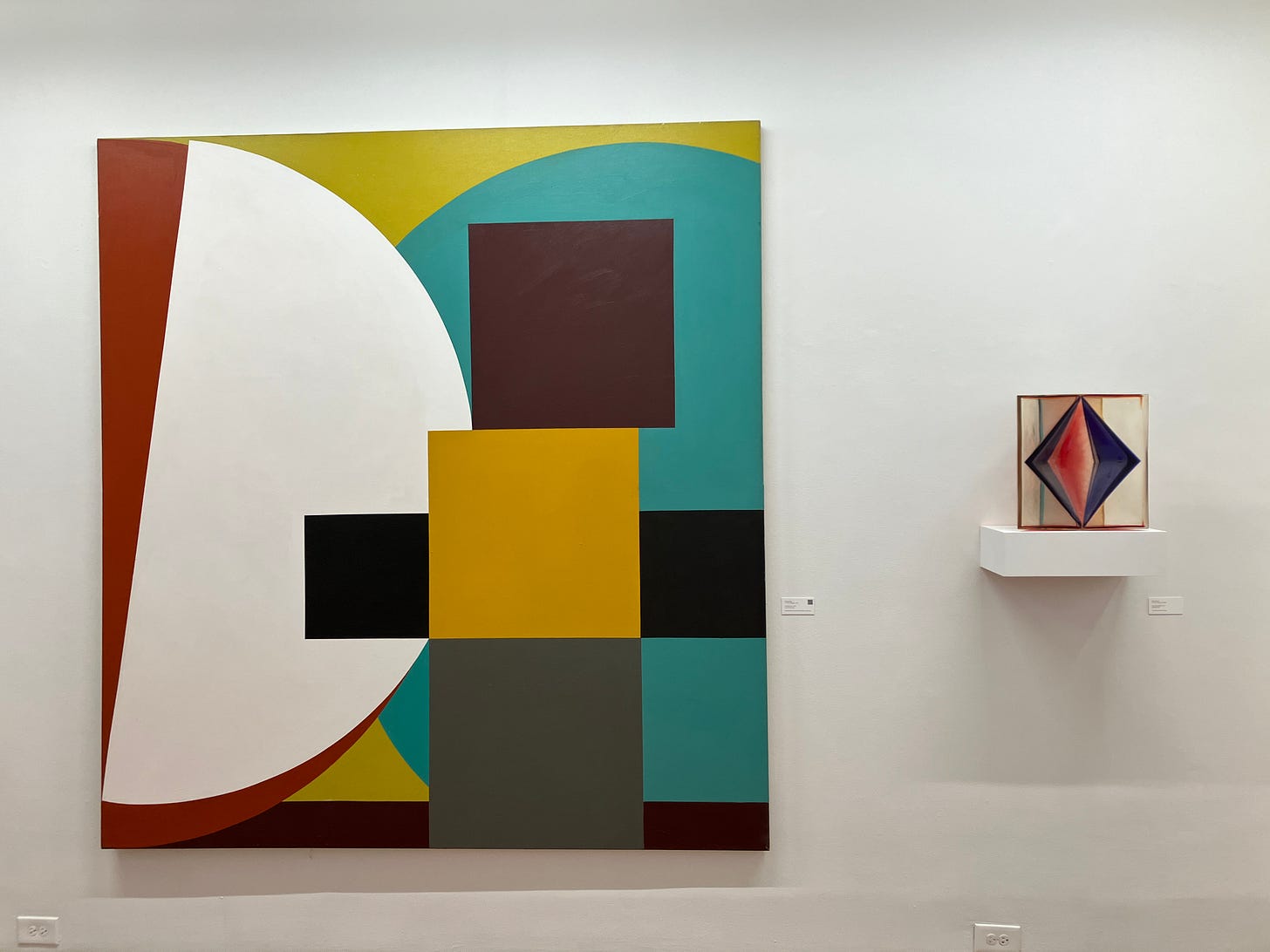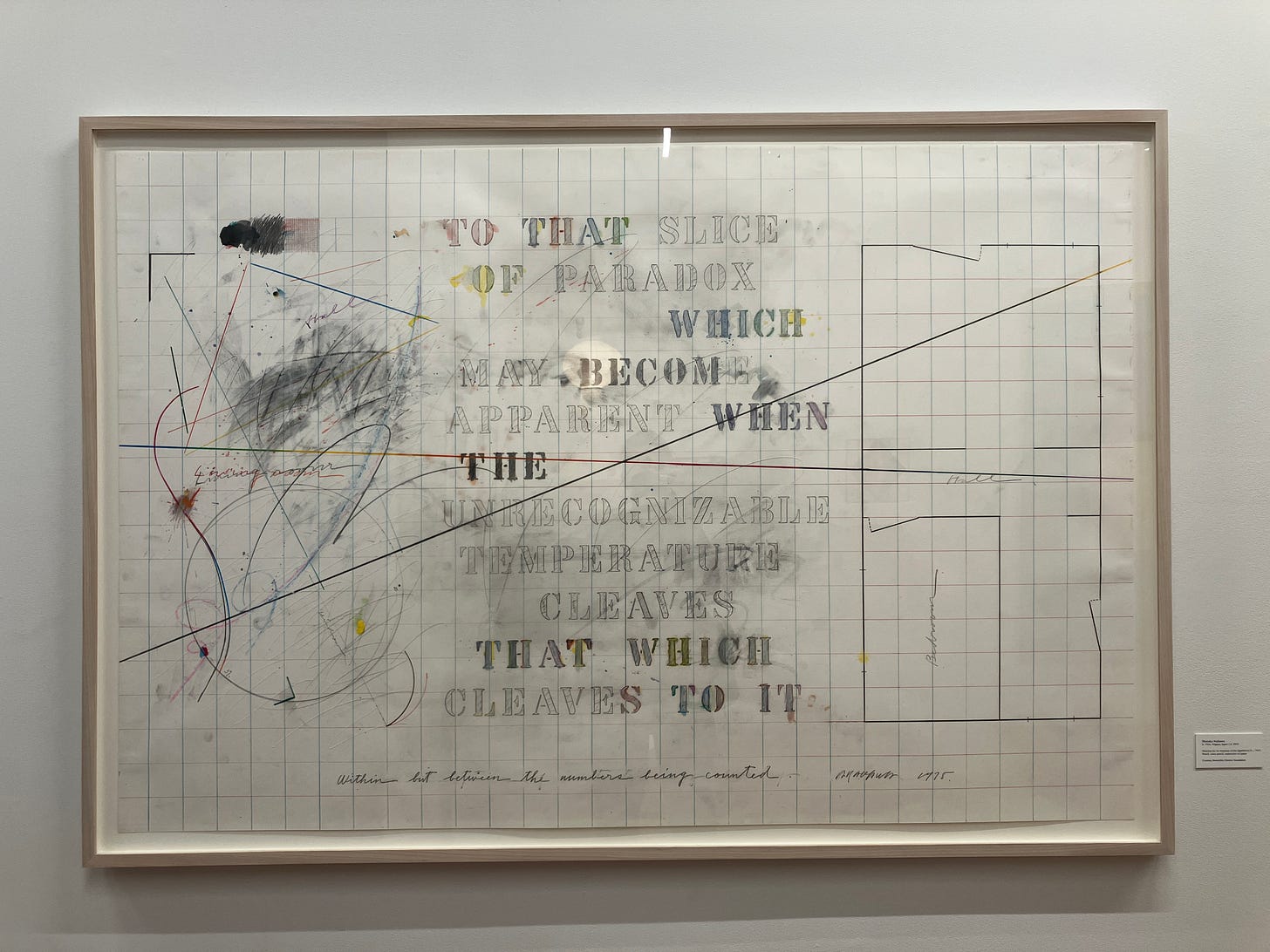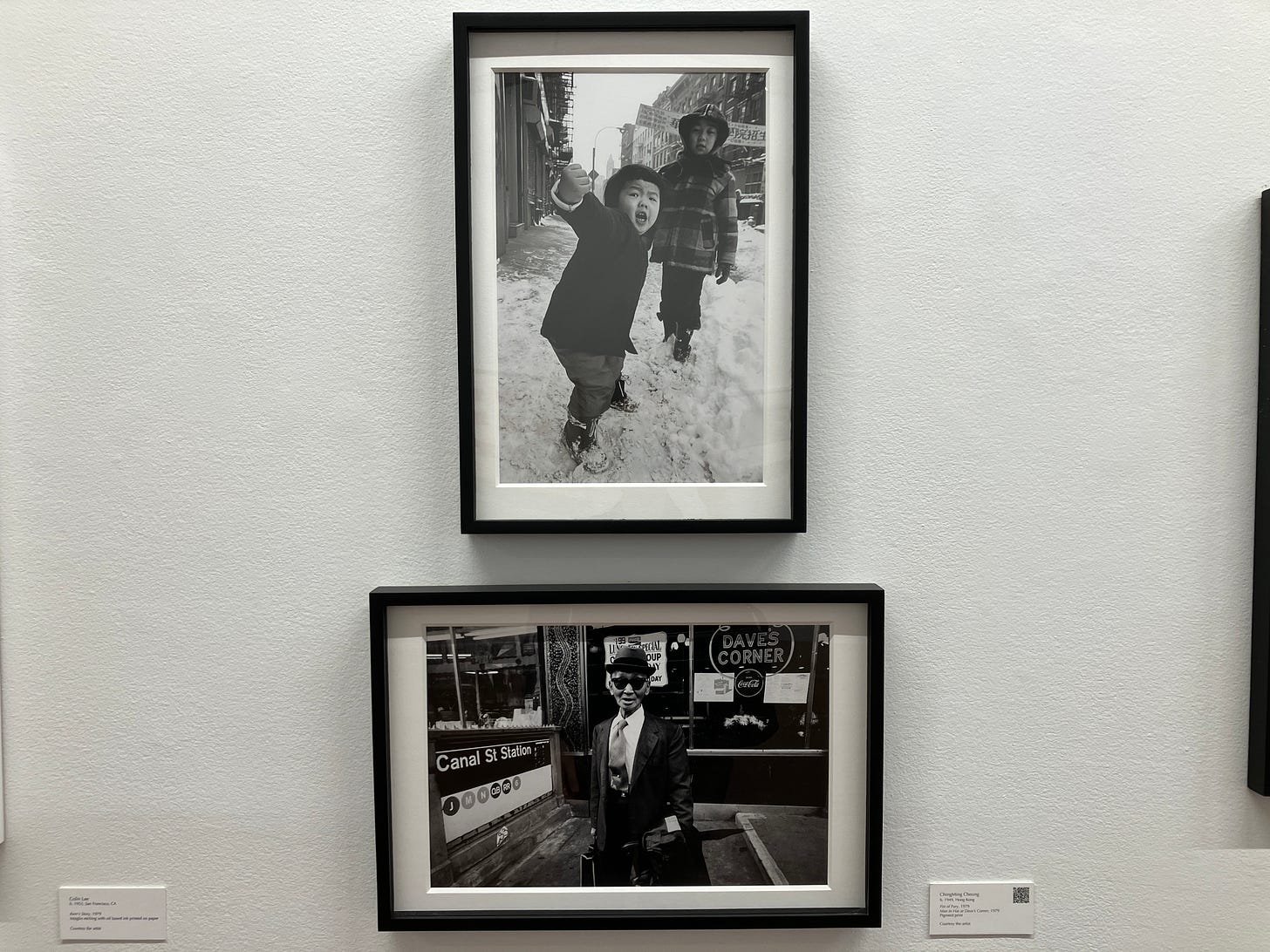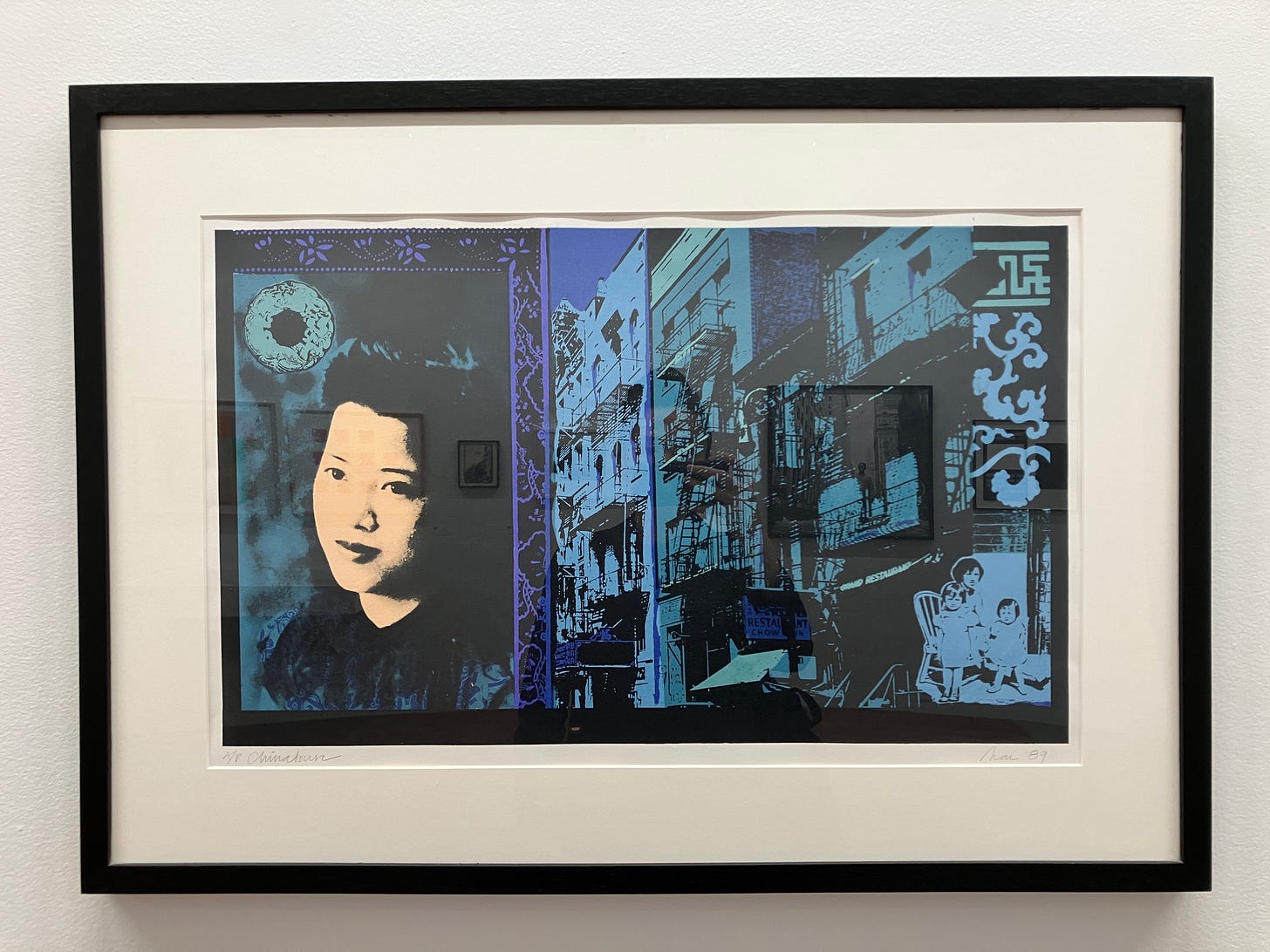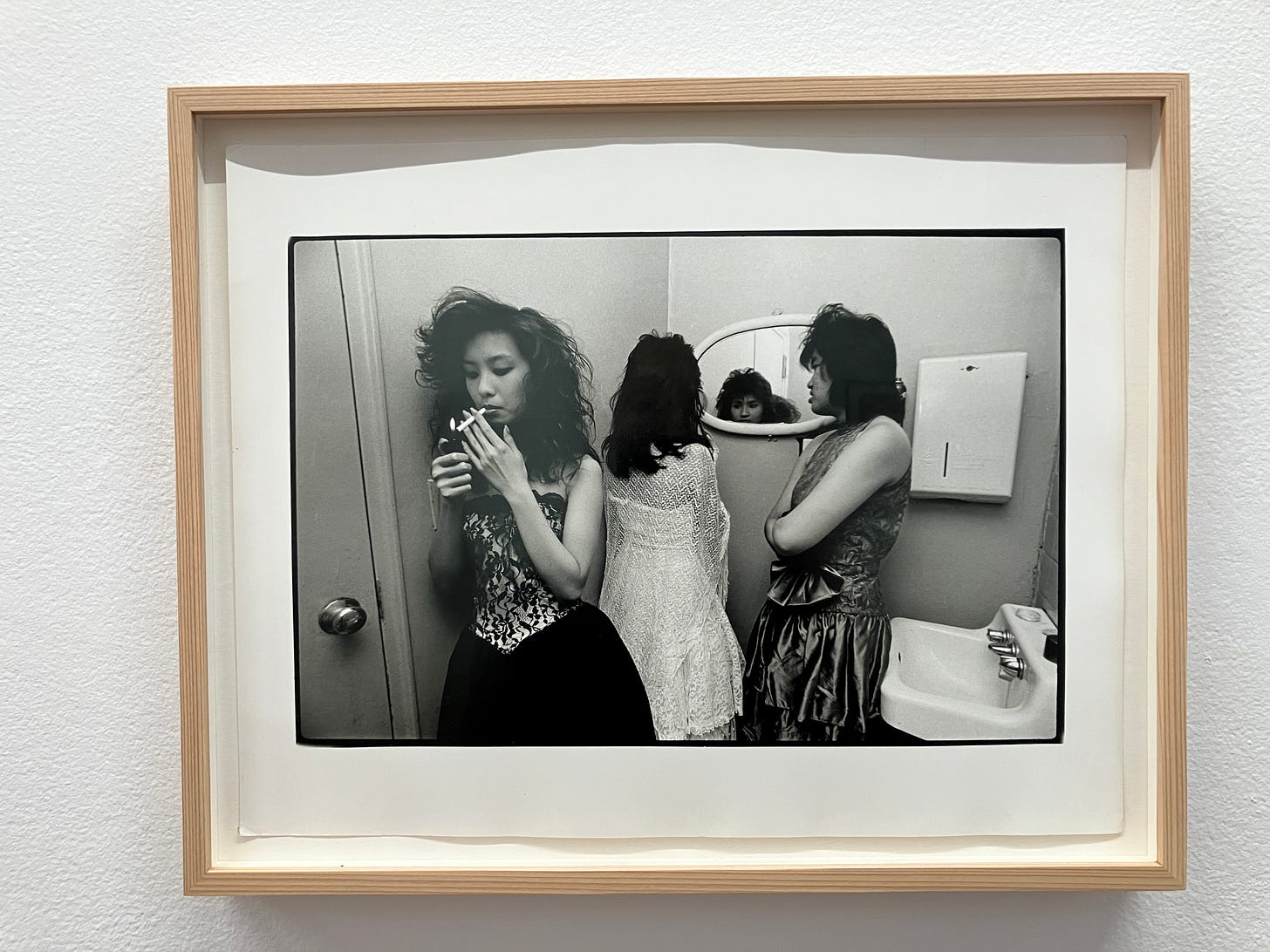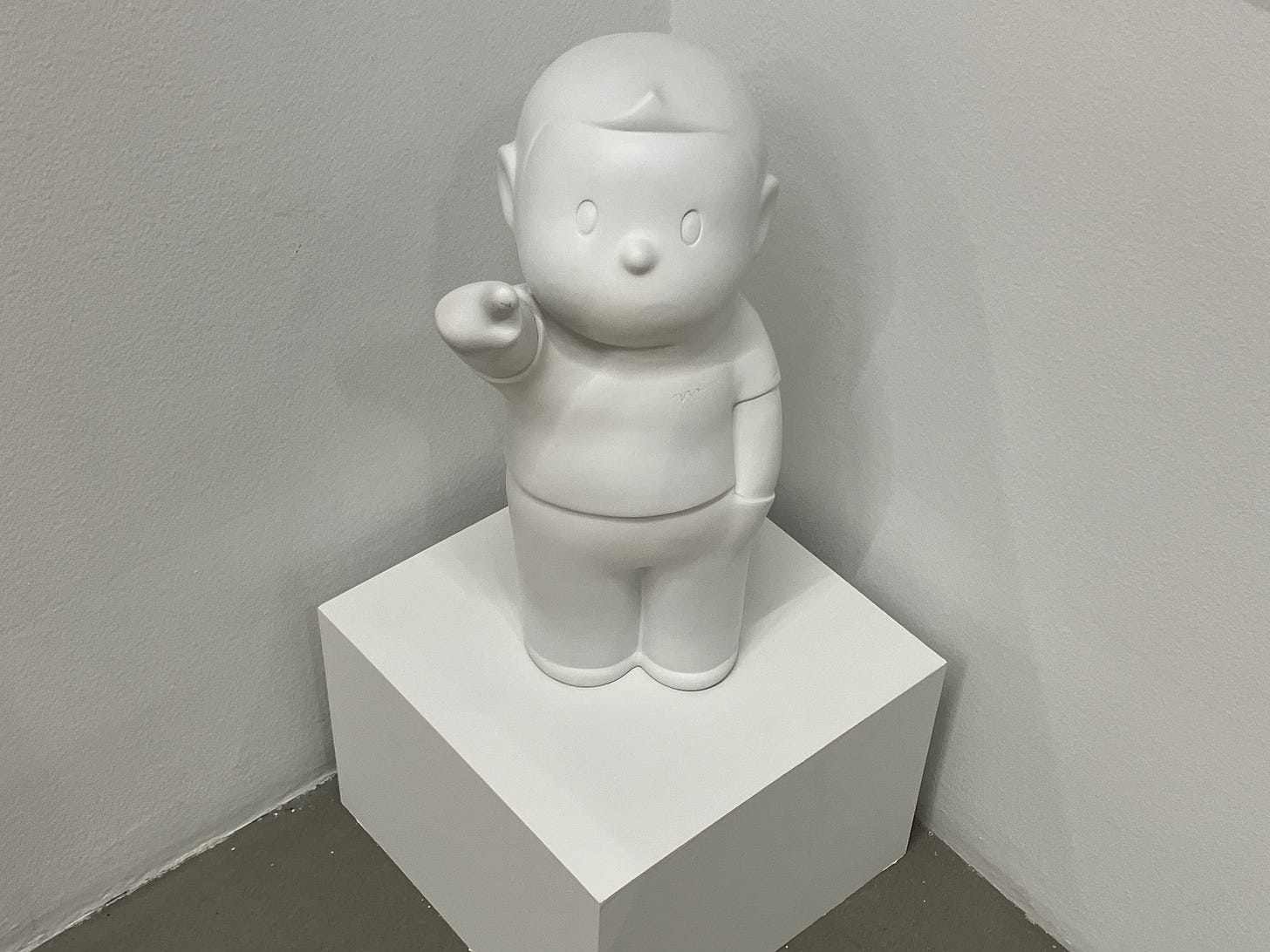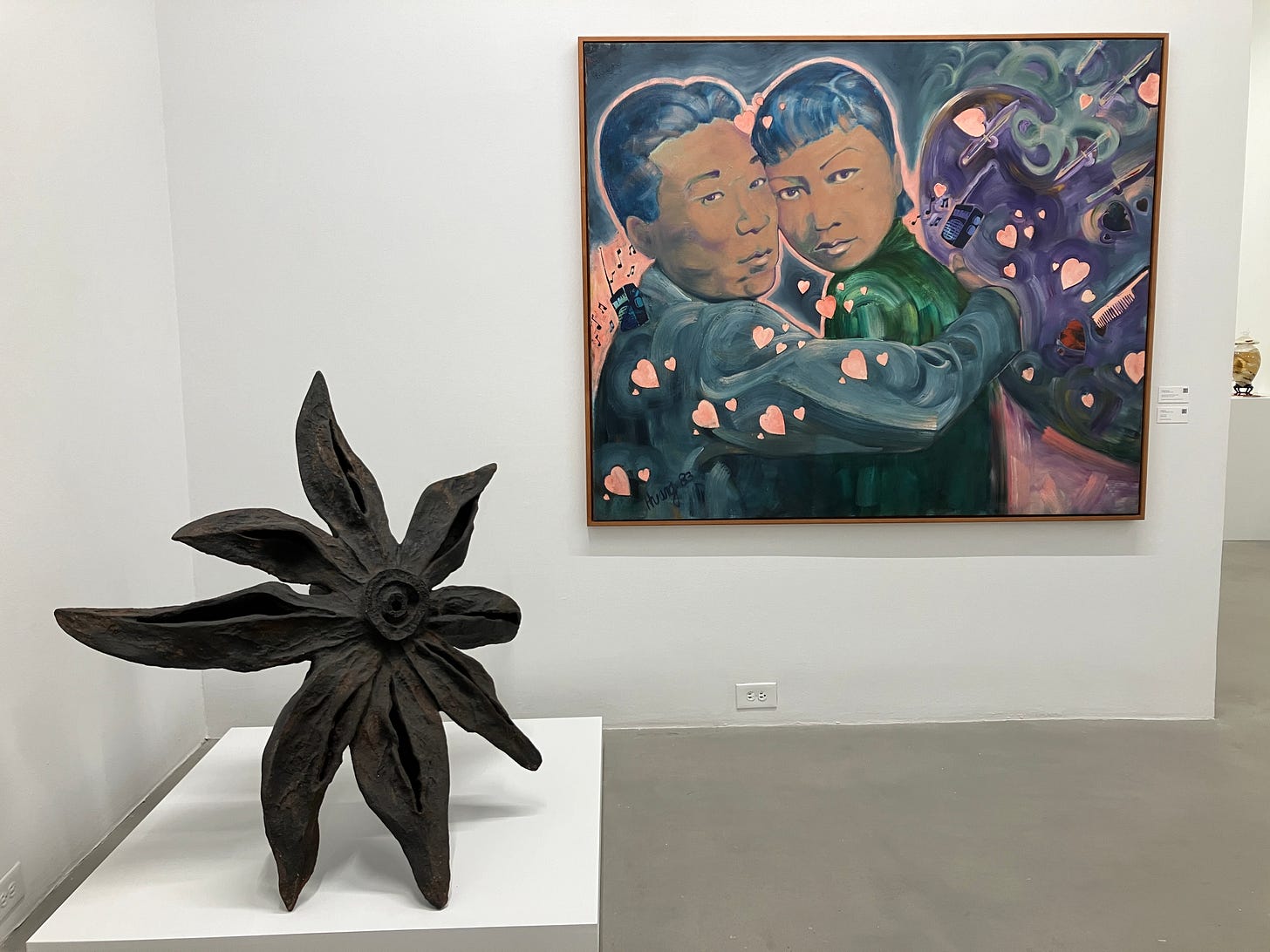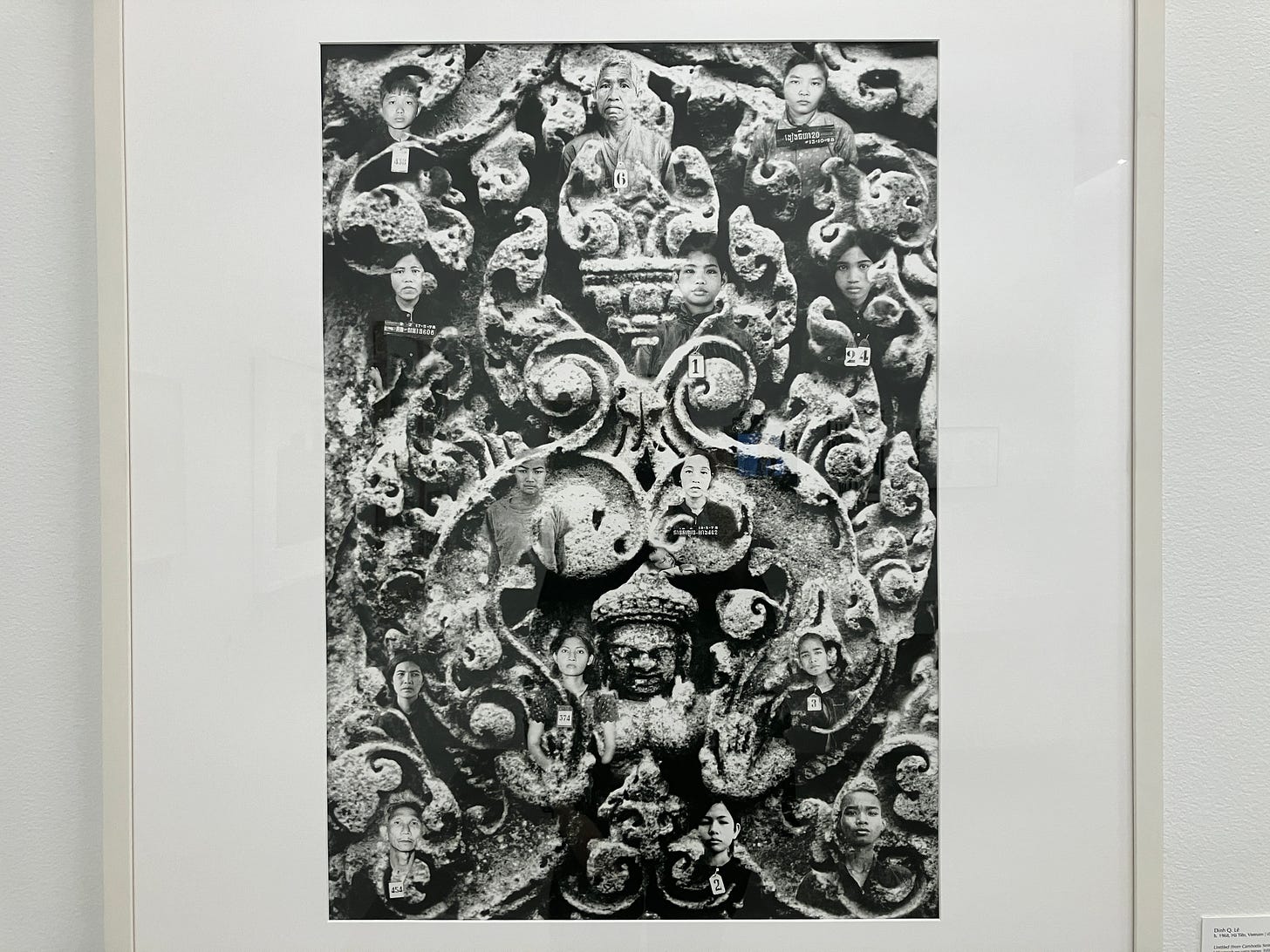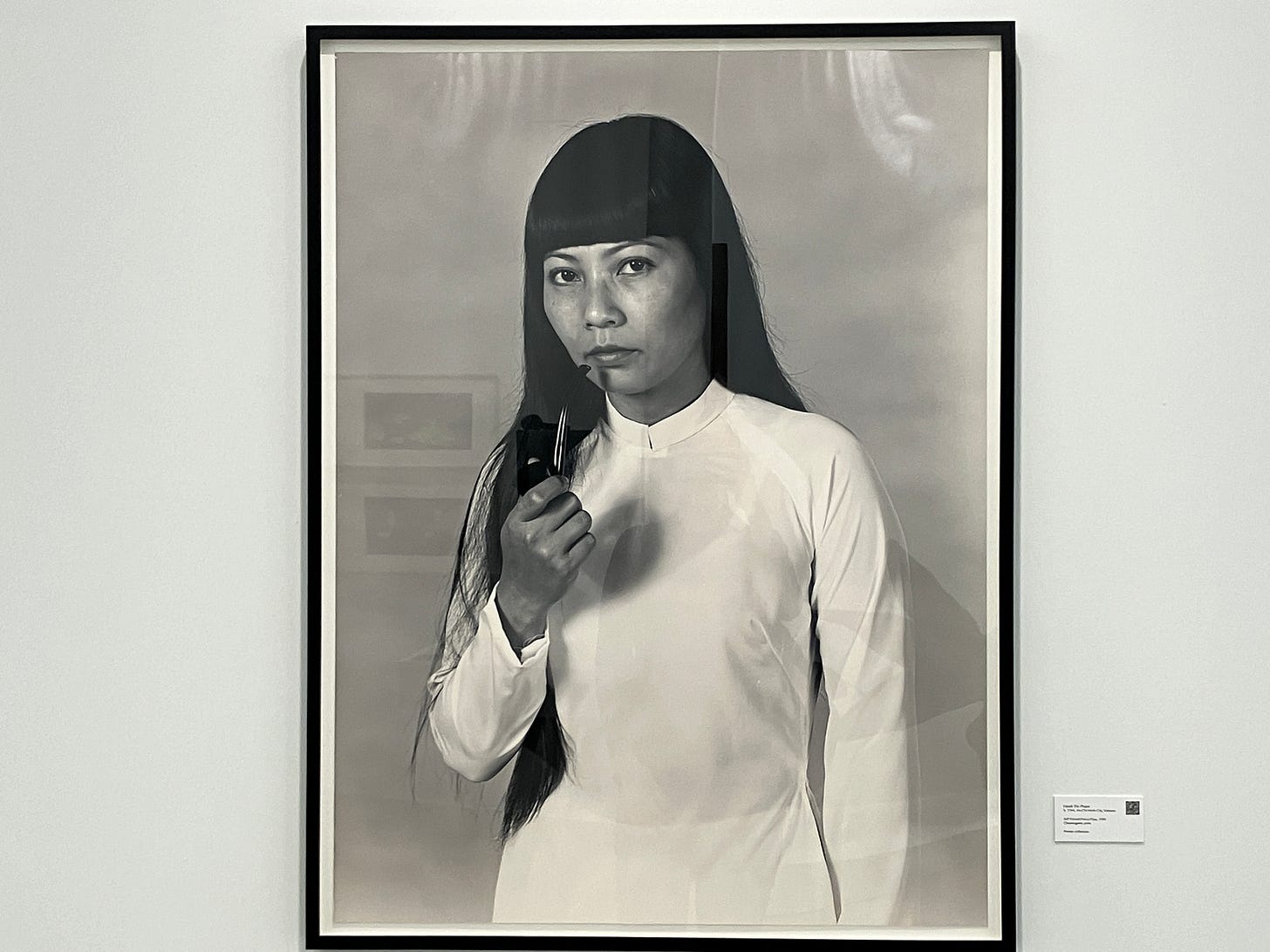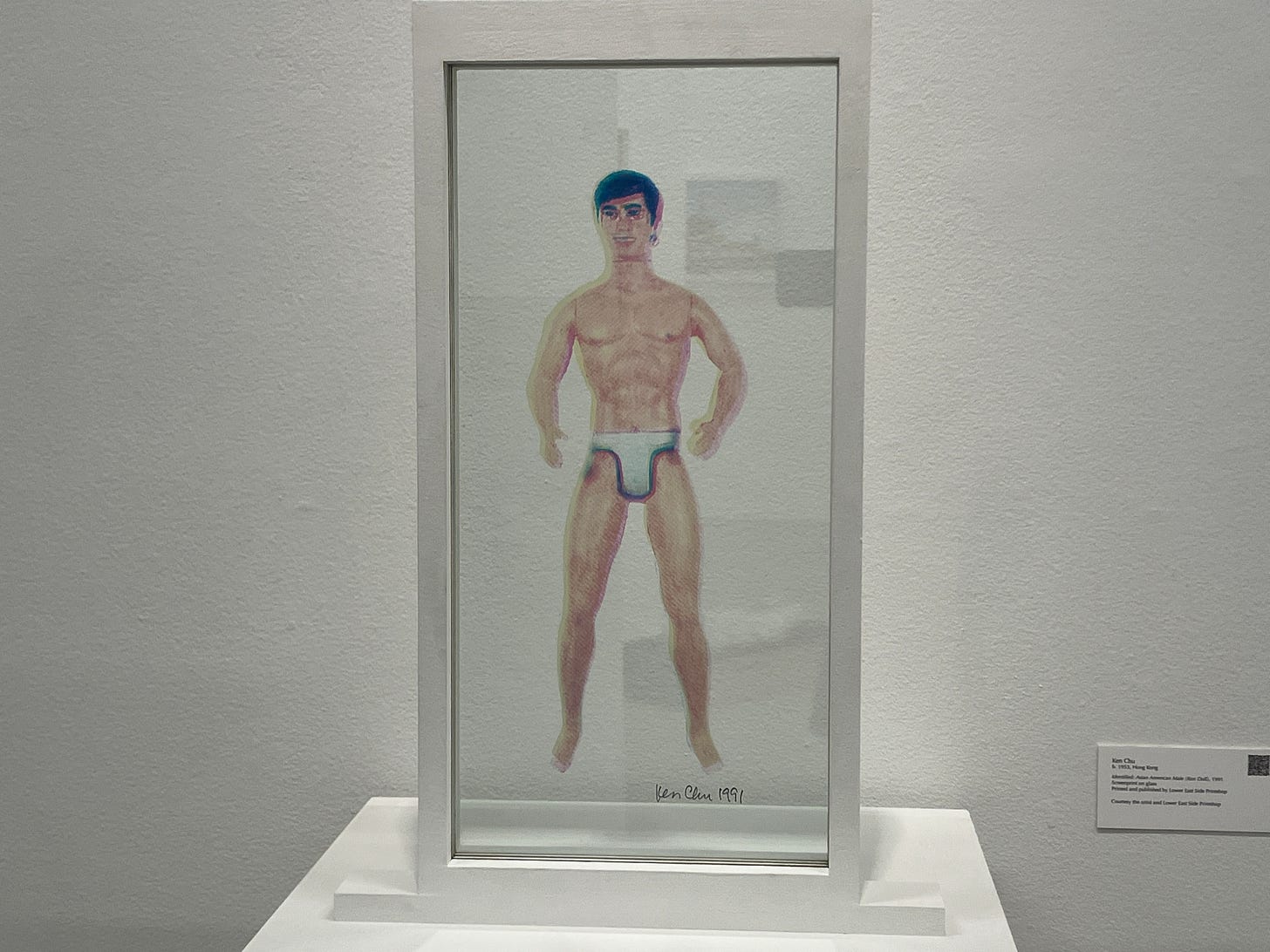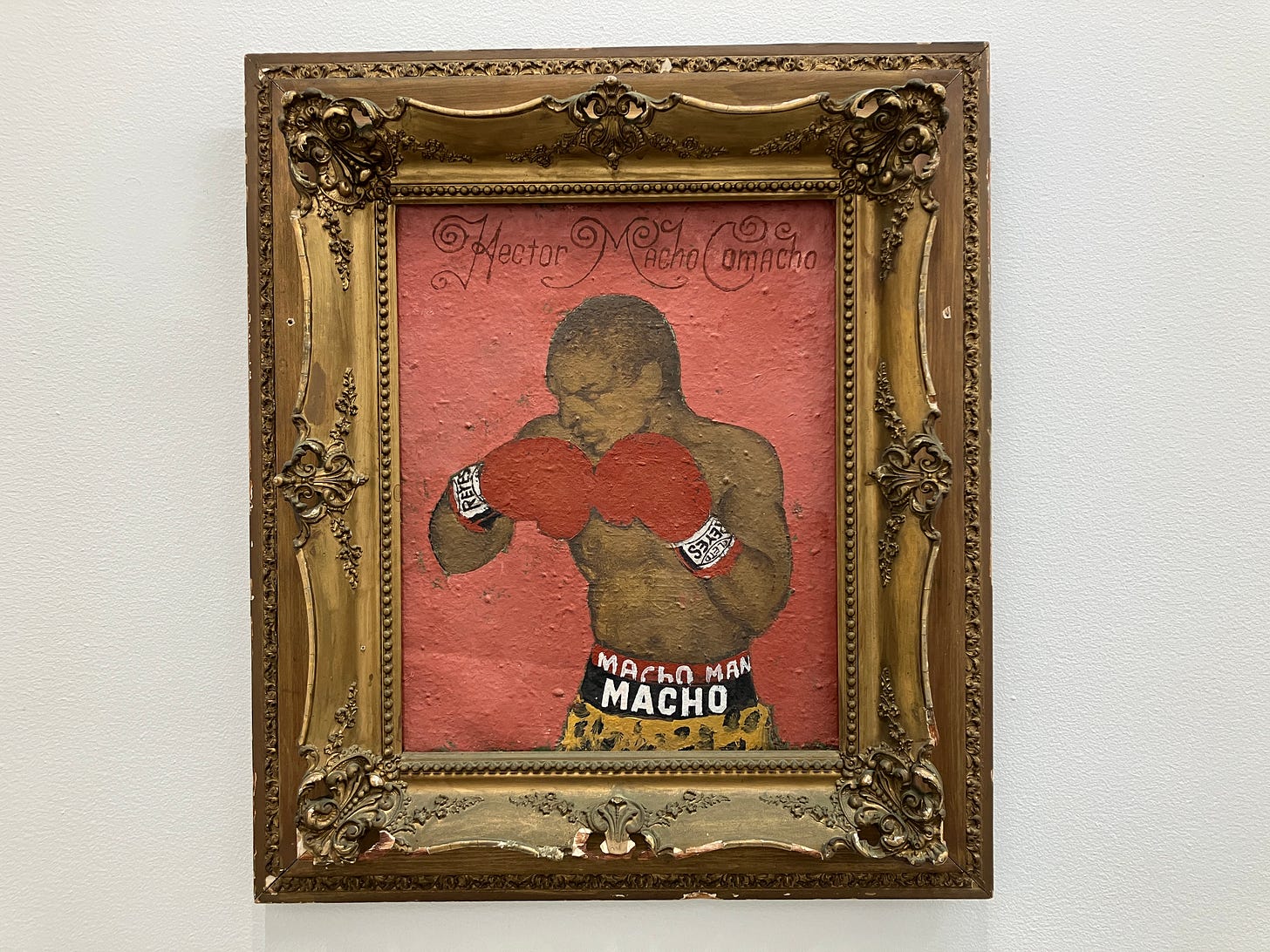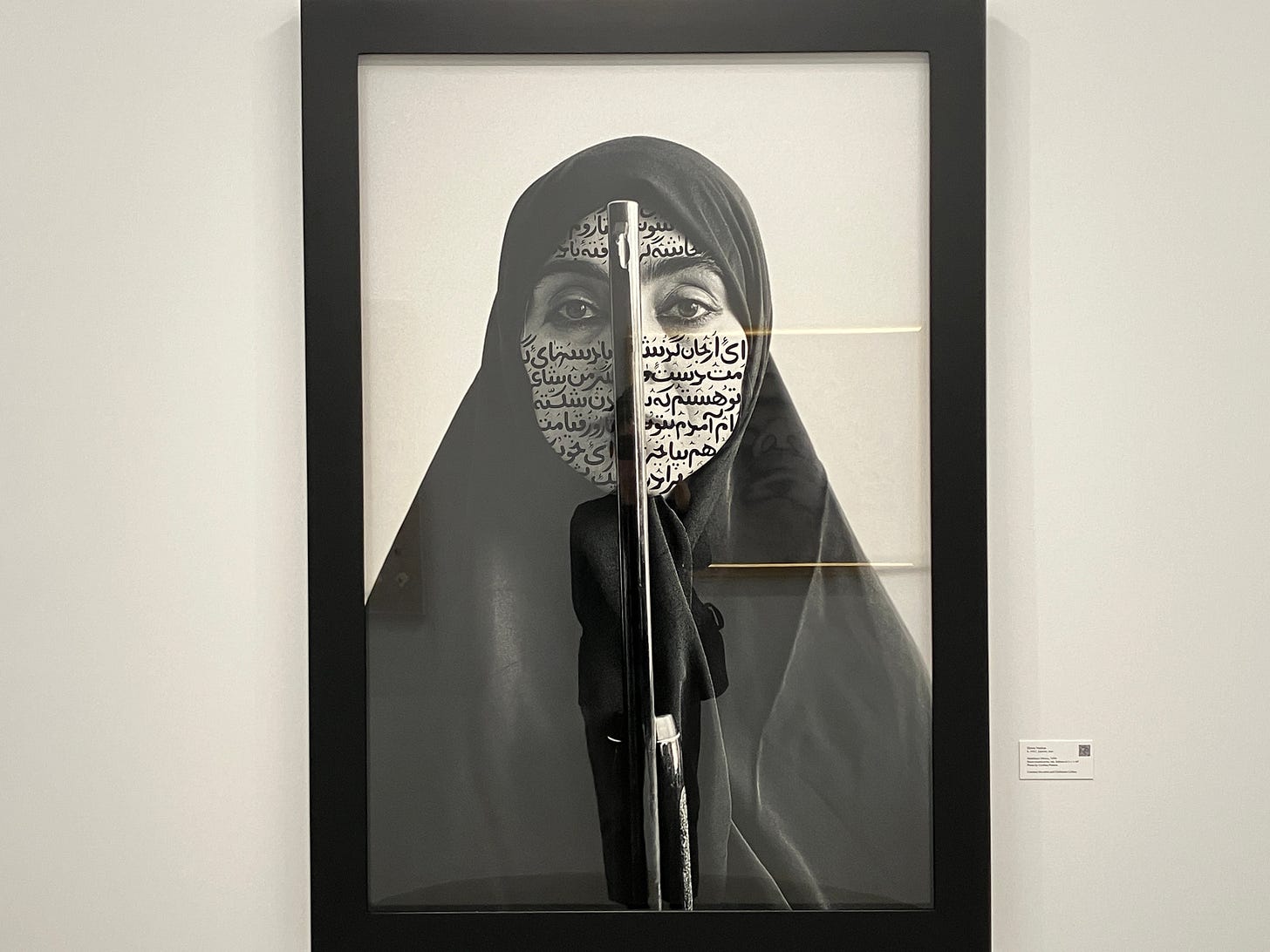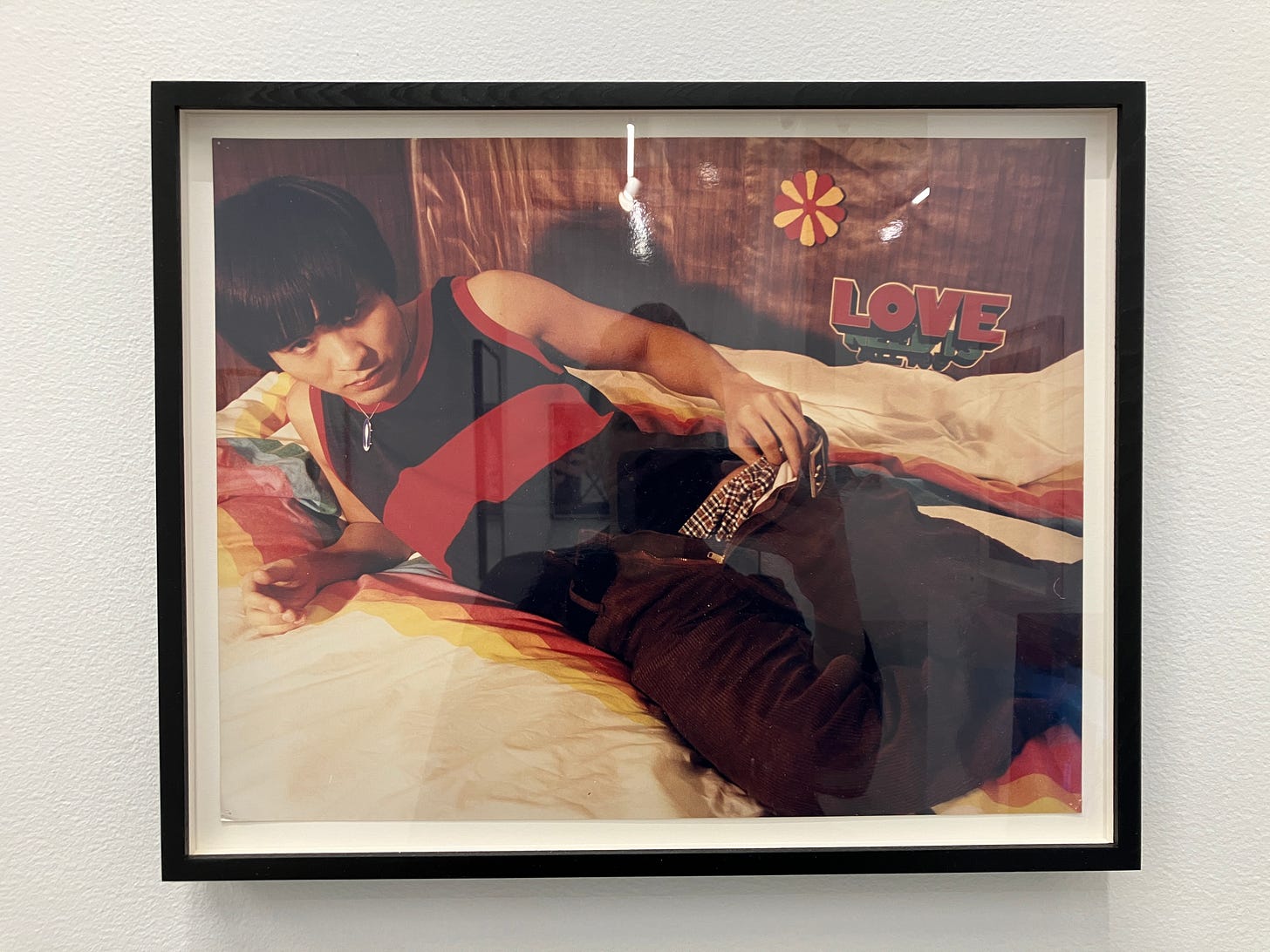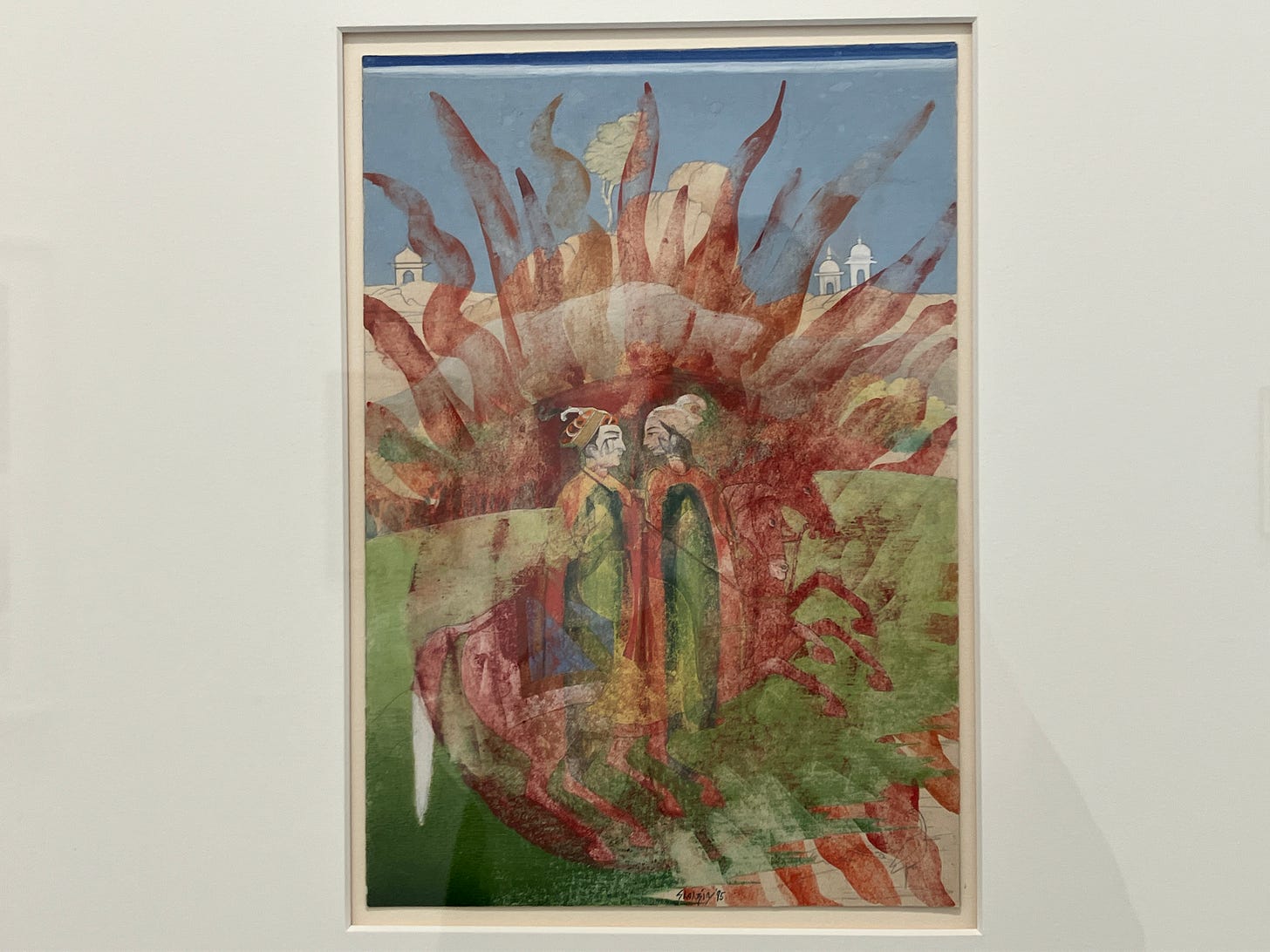Legacies: Asian American Art Movements in New York City (1969-2001)
Featuring 90+ artists and collectives, this survey focuses on artists of Asian descent who were based in NYC
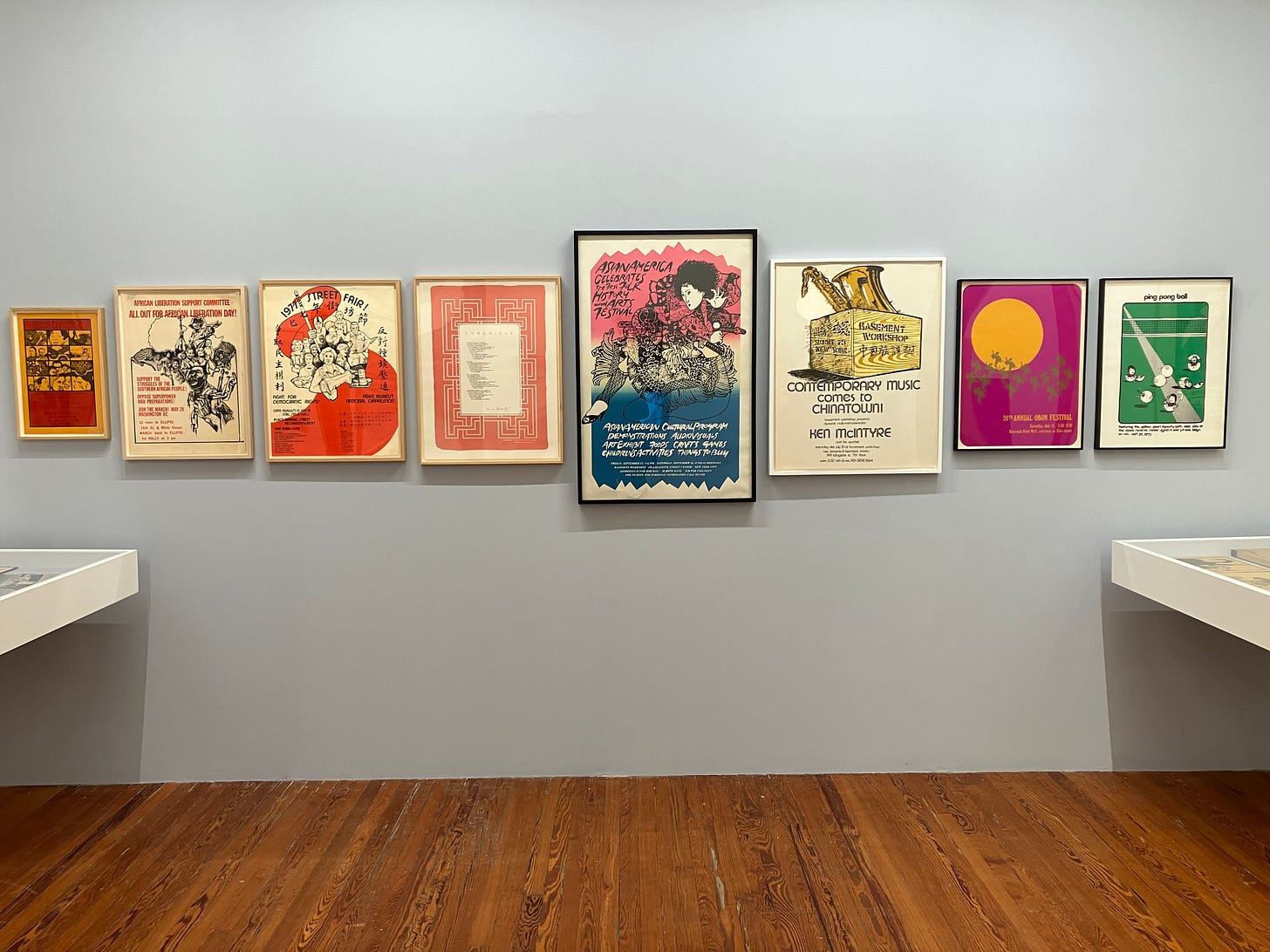
Head over to the NYU campus to check out Legacies: Asian American Art Movements in New York City (1969-2001) at 80WSE Gallery. This excellent group exhibition features work by 90+ artists of Asian descent based in New York City from the ’70s through the ’90s including Ai Weiwei, Yayoi Kusama, Shirin Neshat, Isamu Noguchi, and Martin Wong.
Showcasing so many artists with roots from such diverse Asian cultures proves that the term “Asian American art” is too broad and indeterminate. “Recognizing that ‘identity-based’ categories of art are bound to the dominant racial ideology and political narrative of a nation,” Legacies instead focuses on how the artists address “life in America” in their work while exploring themes of politics, war, migration, racism, violence, and sexuality, according to the show’s organizers.
The works in this fascinating survey reveal the artists’ unique experiences and perspectives on being Asian, American, and a New Yorker.
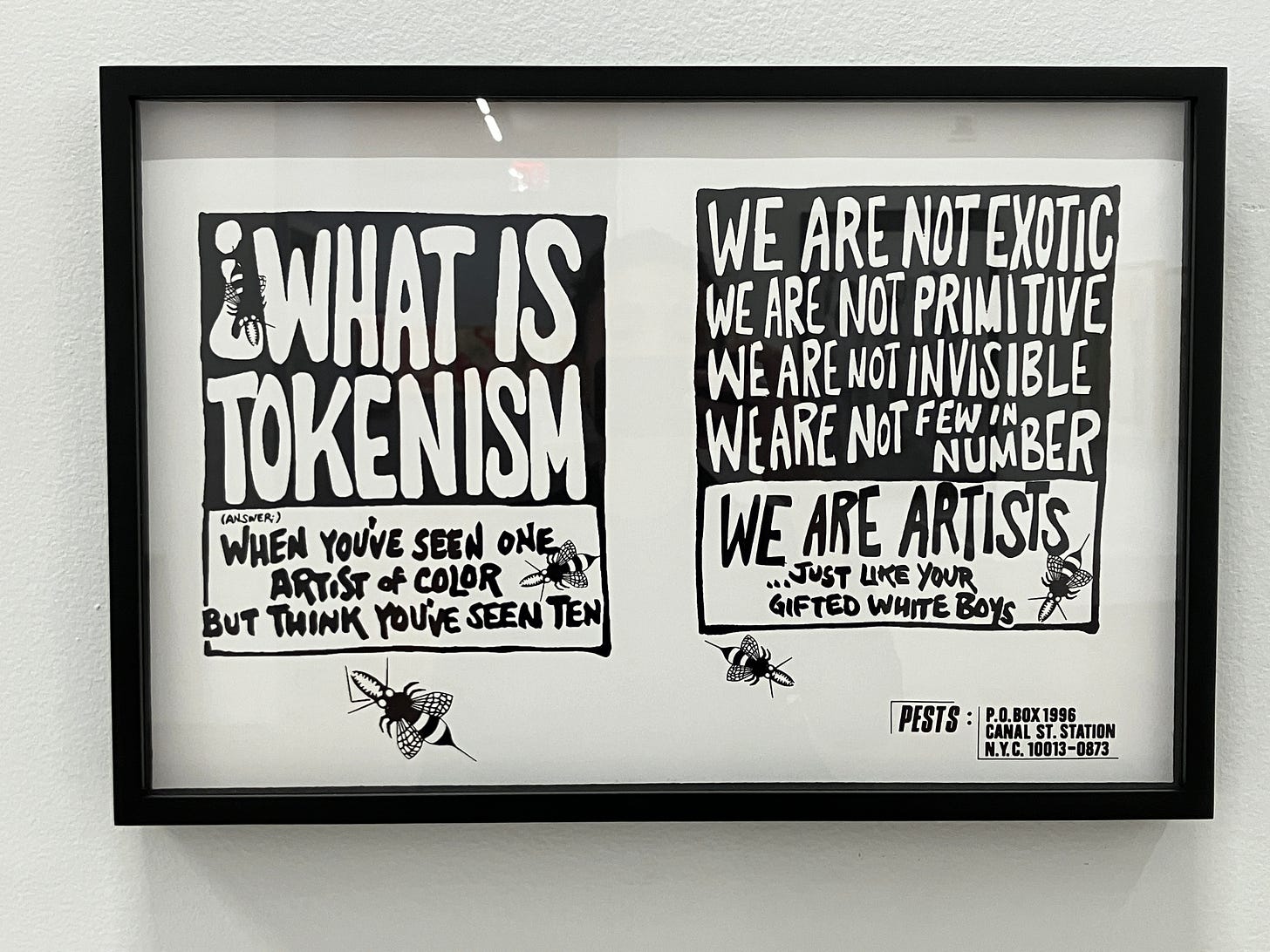
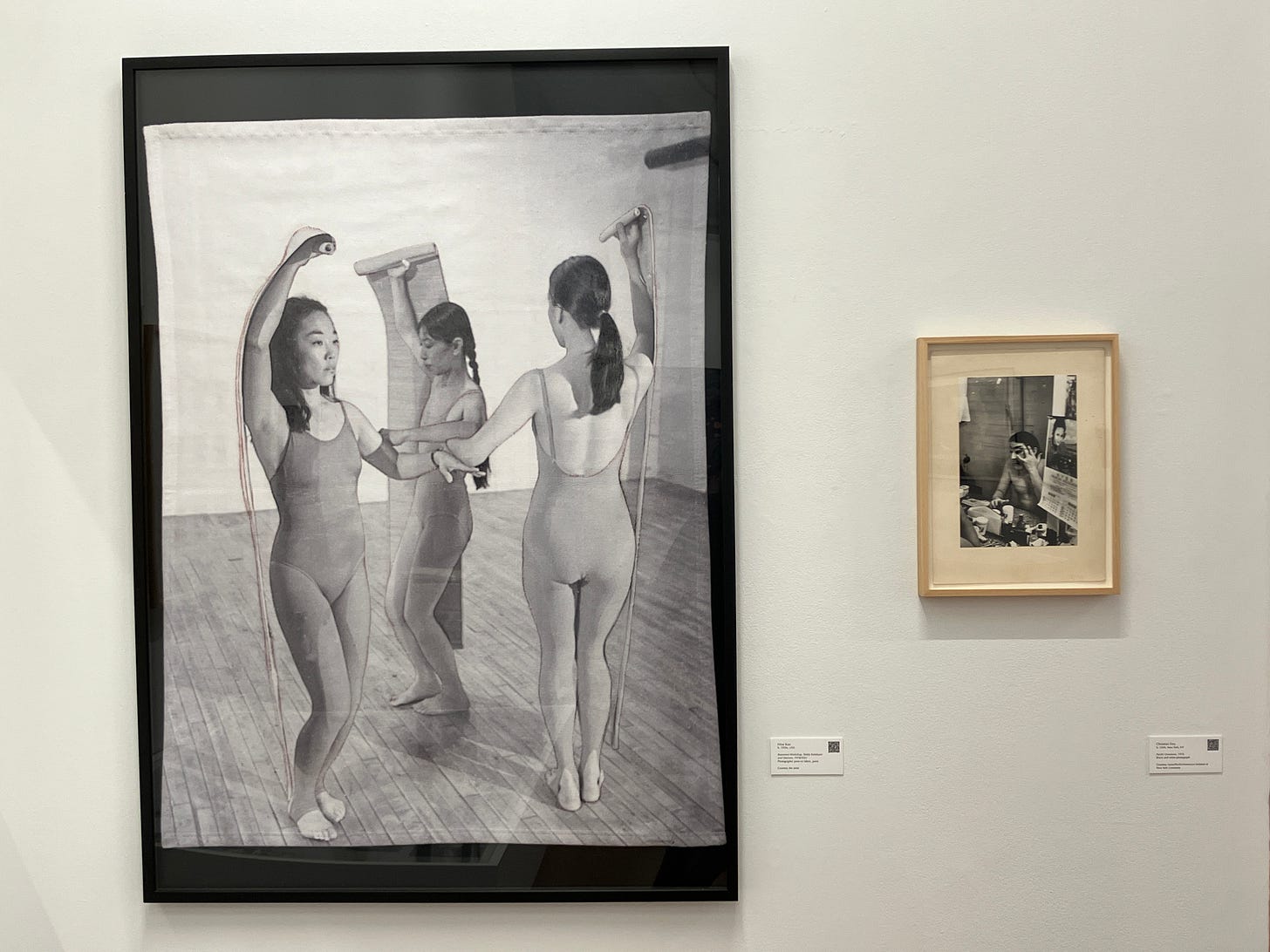
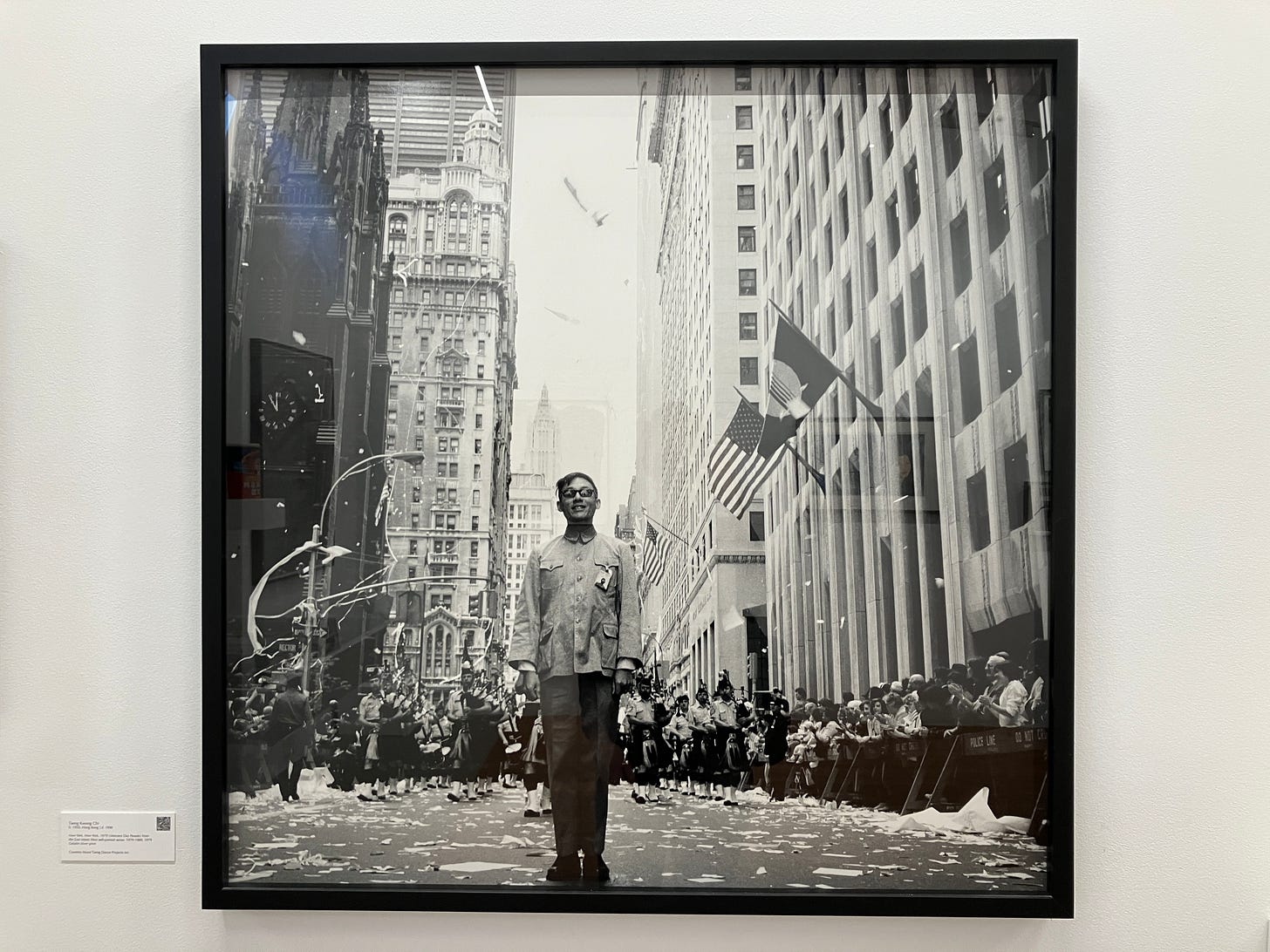
The exhibition shines a light on three historic artist collectives – the Basement Workshop; Asian American Arts Centre; and Godzilla: Asian American Art Network. These three influential groups provided essential hubs for diasporic Asian artists in NYC to get together, organize, and create.
The Basement Workshop was a pan-Asian arts/political organization founded by Columbia University grad student Danny N.T. Yung in 1970 to serve NYC’s Chinatown community. Yung and his sister Eleanor Yung co-founded the Asian American Dance Theatre in 1974 to promote Asian American Dance via classes and original productions. In 1990, Eleanor and her husband, Robert Lee, changed the organization’s name to the Asian American Arts Centre to also promote and exhibit visual art.
Godzilla: Asian American Art Network was founded in 1990 by Ken Chu, Bing Lee, and Margo Machida to support and promote Asian American artists, curators, and writers. The group produced exhibitions, publications and community events focused on art and advocacy. Starting with 16 founding members, Godzilla expanded to more than 300 artist members locally and to 2,000 members across the country by 1995.
Korean Roulette, 1992, Sung Ho Choi

UC Berkeley student activists Yuji Ichioka and Emma Gee coined the term “Asian American” in 1968 when they formed the Asian American Political Alliance (AAPA). Influenced by the Civil Rights movement, the pair formed the group to unite students of Asian descent for political activism, such as protesting the Vietnam War.
Legacies illustrates how vague the term “Asian American art” can be, as it encompasses more than 20 different countries and billions of people.
As a Chinese American woman in New York City who is still expected to be quiet and obedient, it is uplifting to see that 55 years ago Asian artists were standing up against the racism that still exists today.
Legacies: Asian American Art Movements in New York City (1969-2001)
80WSE, 80 Washington Square East, NYC
On view through December 20, 2024
Tuesday–Saturday, 12–6pm




